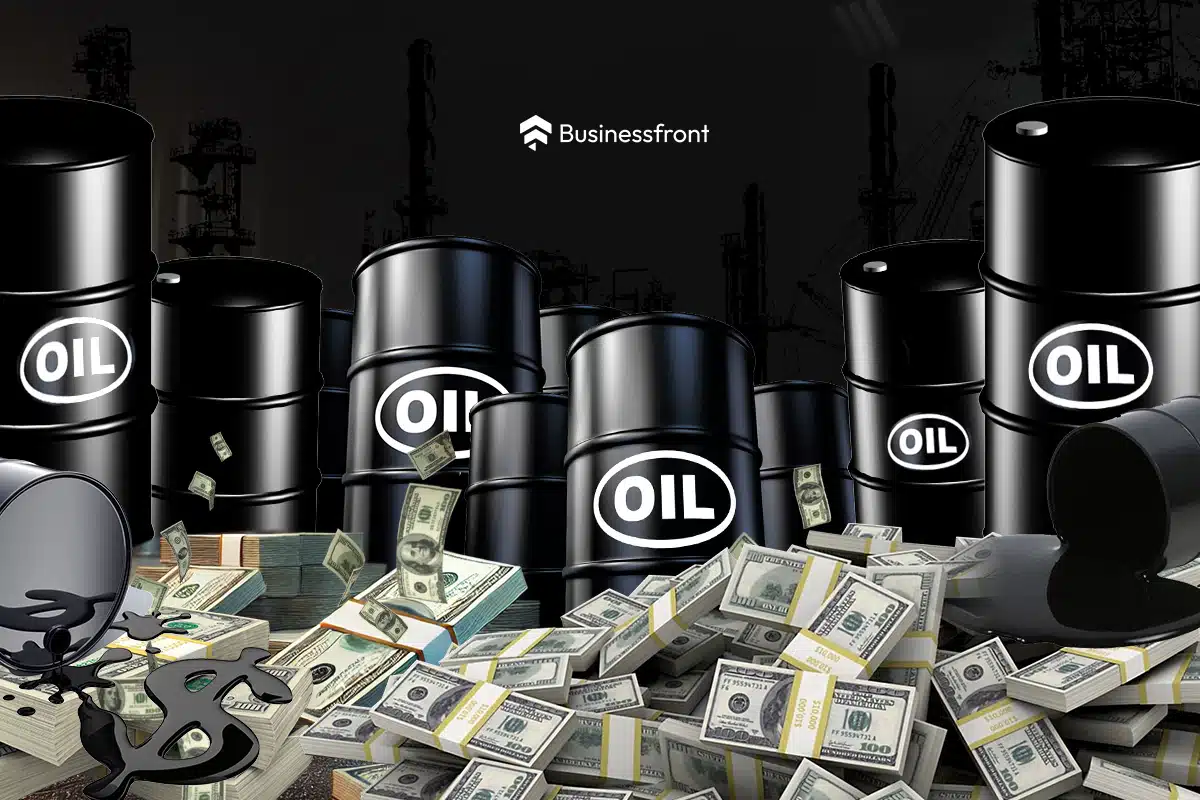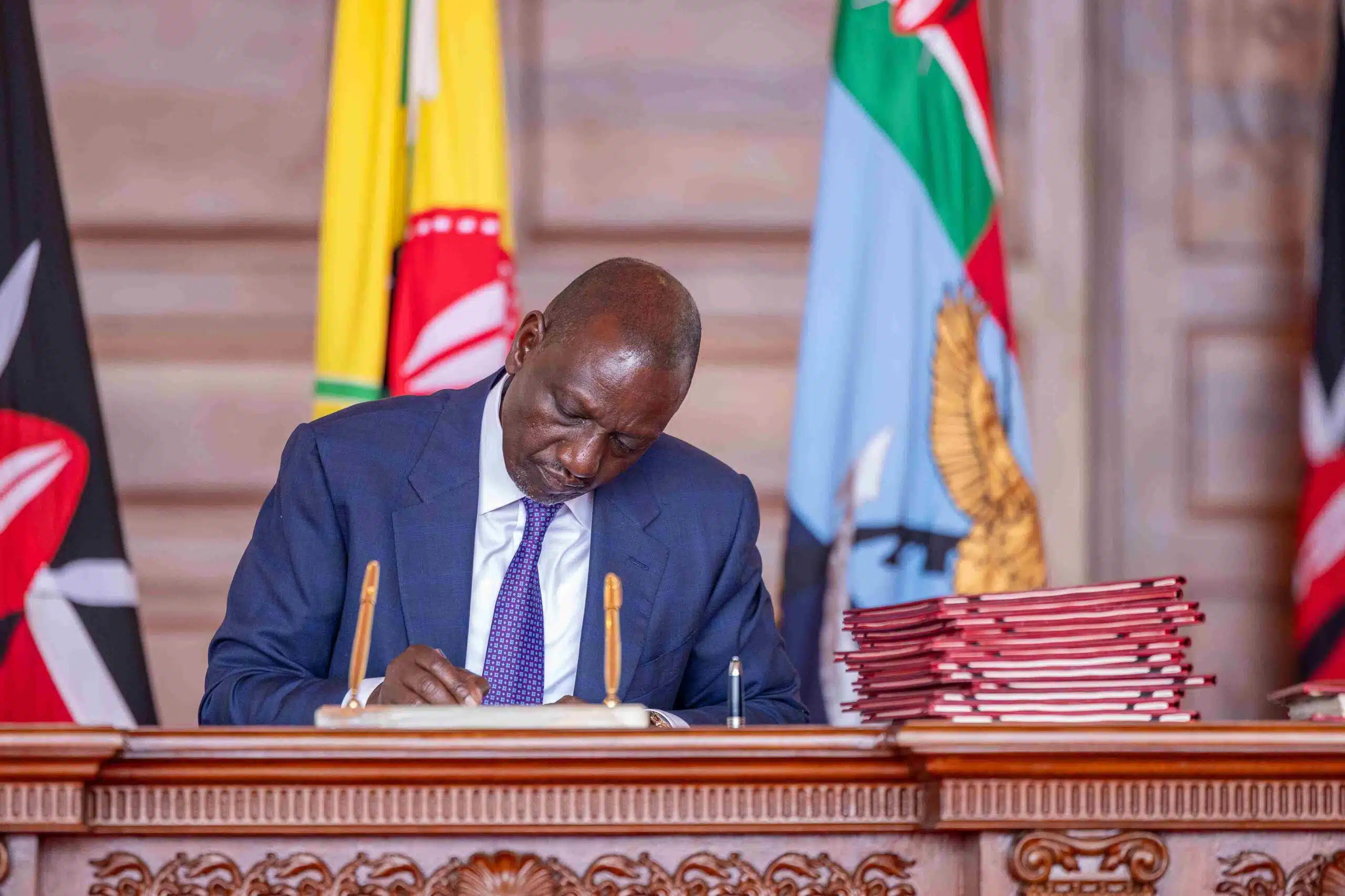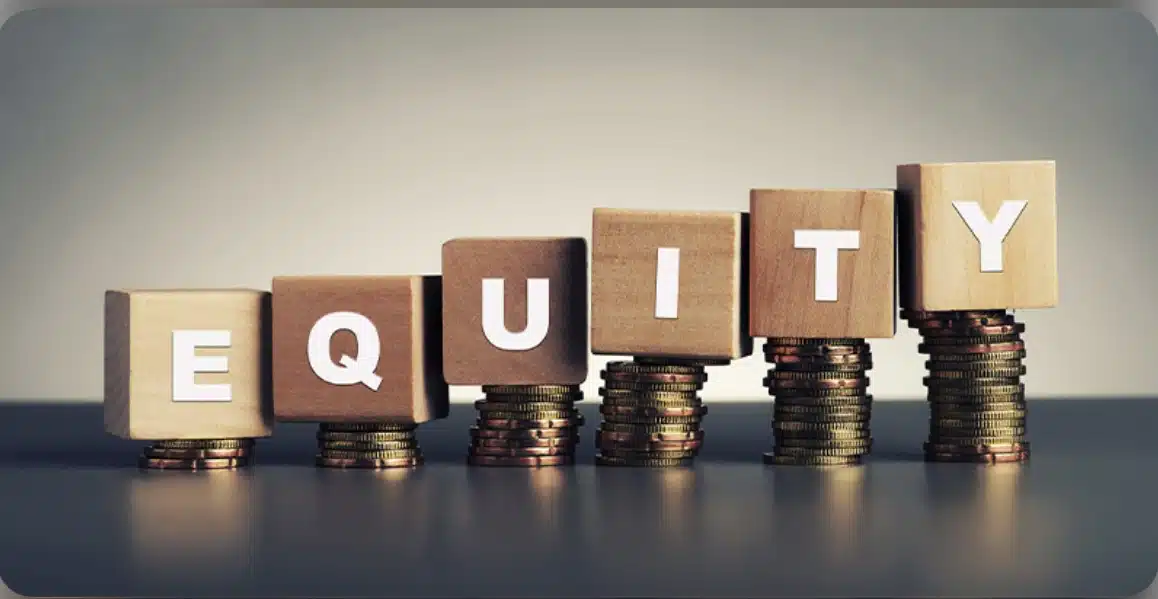Africa is home to less than 10% of the global oil reserves and will produce an estimated 7mb of crude oil daily in 2024. The continent hosts major International Oil Companies (IOCs) such as Shell, Chevron, ExxonMobil, and TotalEnergies.
However, despite housing almost 20% of the world’s population and being one of the largest population growth centres in the world, the continent’s share of global energy investment remains paltry.
According to the International Energy Association (IEA), Africa’s share of global energy investment hovers between 2% to 3%. The IEA noted in 2024 that Africa only receives 2% of global clean energy investment.
In the past year, oil companies displayed their confidence in the continent’s energy industry, investing as much as $47 billion in capital expenditure. However, 2024 also saw divestments from IOCs operating in onshore fields in Nigeria—Shell sold off its onshore assets in Nigeria, as did Italy’s ENI, and ExxonMobil sold its assets to Seplat.
Nigeria
Despite this, IOCs convinced Africa’s biggest oil producer, Nigeria, that they are not totally exiting the country. Shell made its statement by taking the Final Investment Decision (FID) on the Bonga North deep-water project, projected to cost $5 billion.
In fact, Nigeria emerged as the largest recipient of upstream oil and gas investments by global oil and gas companies on the continent in the past year. Aside from Shell’s $5 billion Bonga North FID, TotalEnergies also announced a $566 million commitment to the Ubeta Gas Project, as well as Shell’s $122 million investment in the Iseni gas project.
The investment from oil majors in Nigeria’s oil and gas sector in 2024 seems to be a reward for the tax incentives in deep offshore oil and gas projects announced by Nigeria’s finance ministry.
Also, President Tinubu, earlier in 2024, signed a raft of Executive Orders meant to provide financial incentives for the development of non-associated gas, midstream operations, and deep-water projects. Details of the Executive Orders include reducing contract timelines, costs, and prohibiting local content requirements from discouraging investments.
Furthermore, the speedy approval of stalled disposal of onshore assets by IOCs to local operators restored the confidence of players in the sector regarding Nigeria’s readiness to do business. In the past year, Shell, TotalEnergies, ExxonMobil, and Equinor all saw the approval of their onshore asset sales to local Nigerian operators.
Angola
Aside from Nigeria, Angola stands as one of the biggest beneficiaries of oil and gas investment on the continent. In August 2024, TotalEnergies reached the Final Investment Decision (FID) on a $6 billion project—the country’s first large deep-water development in the Kwanza Basin called the Kaminho deepwater development.
The country is looking to increase oil production in the coming years, resulting in its exit from the Organisation of Petroleum Exporting Countries (OPEC) in December 2023 over a dispute on production quotas. The oil cartel had earlier cut Angola’s daily oil production by 350,000 barrels, which the country protested against to no avail.
Namibia
Namibia has cemented its place as a viable investment decision for oil and gas companies in the last three years. Since the discovery of a major deep-water well in the country’s Orange Basin by Shell and its partners QatarEnergy and NAMCOR, other oil and gas companies have followed suit with further discoveries in 2023 and 2024.
The country’s energy potential looks bright, but a few bottlenecks have emerged recently. Earlier this year, Shell decided to write off its investments due to the country’s challenging acreage and the difficulty in extracting oil and gas in such an environment.
Congo
The Republic of Congo has also shown promise in increasing its crude oil output and attracting investments from oil majors in the past few years. In May 2024, TotalEnergies announced a $600 million investment in exploration, production, and infrastructure geared towards increasing output in the Moho Nord offshore field by 40,000 barrels daily.
Aside from these, other ongoing activities in the continent’s oil and gas space include the 300,000-barrel refinery in Ghana, estimated at a cost of $7 billion, as well as Egypt’s approval of $200 million for five crude oil exploration agreements.
Africa’s oil and gas industry is expected to continue its growth trajectory in terms of investments in exploration and production, not just this year but into the end of this decade. Countries like Ghana, Egypt, Libya, Senegal, and others already plan to increase production in the coming years, along with established players like Nigeria and Angola.
Fossil Fuels vs. Renewables: Africa’s Energy Dilemma
Despite the increasing global momentum toward clean energy, international oil companies (IOCs) continue to make significant investments in Africa’s oil sector. According to the International Energy Agency (IEA), around $110 billion is expected to be invested in Africa’s energy sector in 2024, with only $40 billion in the renewable space.
However, Africa’s oil and gas sector remains attractive due to its untapped reserves, particularly in offshore fields, and the potential for increased output in the coming years.
A combination of favorable tax incentives, long-term growth potential, and geopolitical advantages serves as a lure for oil majors and makes the region a key player in the global energy mix.
However, there is an emerging balance between the traditional oil and gas investments and the growing focus on sustainable energy initiatives, as the world’s largest companies look to diversify their portfolios and support global climate goals.
Reacting to this concern, the African Finance Corporation stated in 2023 that it will remain committed to investing in fossil fuel-based projects due to the huge energy needs of the world and Africa, in particular, its Director of Finance stated, “We cannot and will not run away from doing fossil fuel-based investing because the development needs of the continent are so huge.”
“The world still needs energy security, the world still needs energy source diversity. No energy mix in the world in the next 50 years says no oil and gas, so why would we not develop our resources and fund our own fiscal budgets?”
This position is not different from that of Mr. Jide Pratt- an energy expert in both renewable and oil and gas who explained that the energy needs of Africa cannot make it choose renewables in solving the prevalent energy poverty across the continent.
For him, oil and gas are “the lowest hanging fruits” which makes it critical in the energy transition.
He said, “So we must all be clear that Africa suffers energy poverty and as such will not immediately jettison her natural resources (fossils and gas) to go fully renewable. In my opinion the transition journey must include oil, gas and renewable, oil and gas being the lowest hanging fruits albeit with newer technologies to capture carbon footprints.”
The coming decade will likely see Africa’s energy future evolve, but oil majors continue to see a significant role for fossil fuels in the region’s development plans.
What this means for investors and lenders
Beyond the $13 billion commitment from IOCs in exploration and development of Africa’s oil and gas assets, local players in the continent in the past few years have followed the path of IOCs investing in exploration and purchase of idle assets.
Players like Dangote Group with its Dangote refinery, dual listed Oando, Seplat have purchased onshore assets with the ambition to increase oil production.
For lenders like the African Finance Corporation (AFC) and other financial institutions, the commitment from IOCs serves as a confidence booster that the perceived market shift from fossils to other alternative sources of energy does not ring a bell to the big players in the energy market.
It also emphasises that there is no end in sight to the role of fossil fuel in Africa’s energy crisis, which serves as an investment guarantee for companies looking to fund such projects.
However, in the next two decades, lenders and investors will face the dilemma of balancing their exposure to fossil fuel projects versus renewable energy initiatives. The key question will be: what proportion of their total energy portfolio will be allocated to fossil fuels compared to renewables?
The answer will depend on incentives from governments like the Nigerian government’s tax reliefs for offshore oil and gas projects, which made the country the largest recipient of investment in oil and gas development in Africa. The Oil & Gas Companies (Tax Incentives, Exemption, Remission, ETC) Order 2024 provides gas tax credit and tax allowance for new greenfield projects for onshore and shallow waters.
Other factors that could influence decisions of lenders and investors in structuring their energy portfolio include: cost, market trends, innovation and which of the two energy sources gains the most from these factors.







